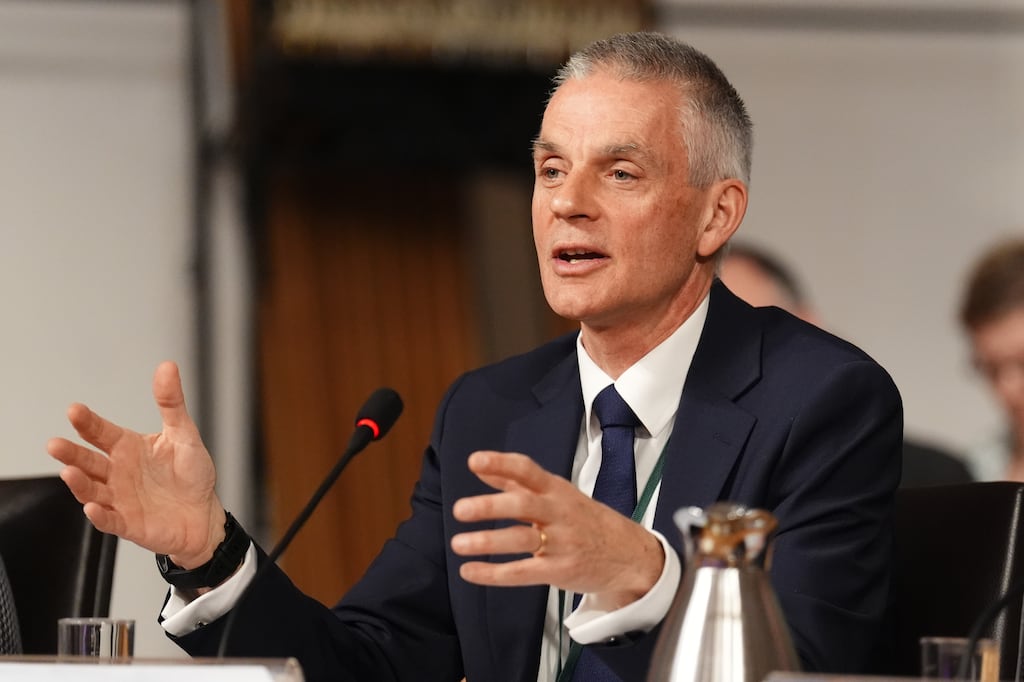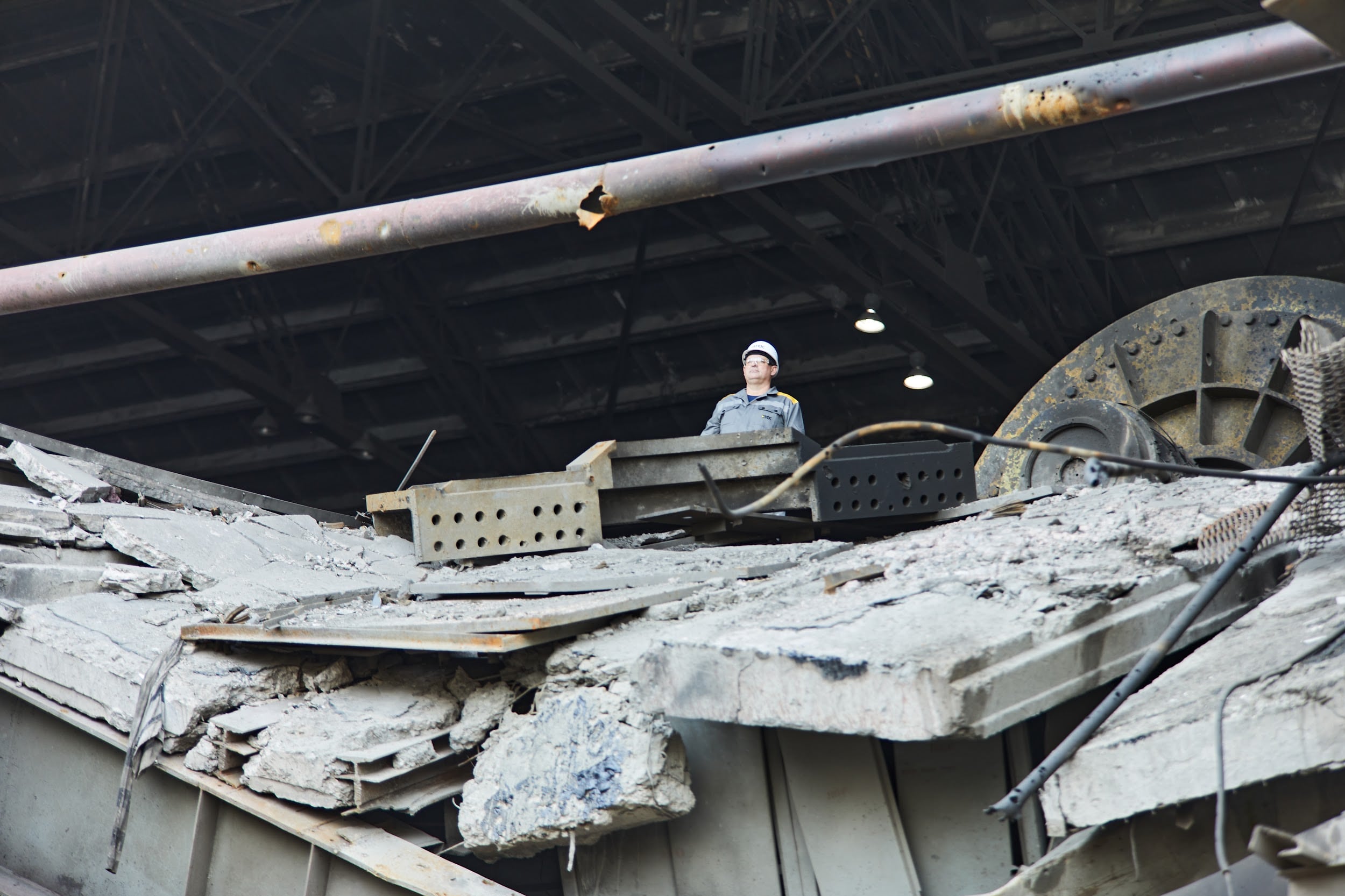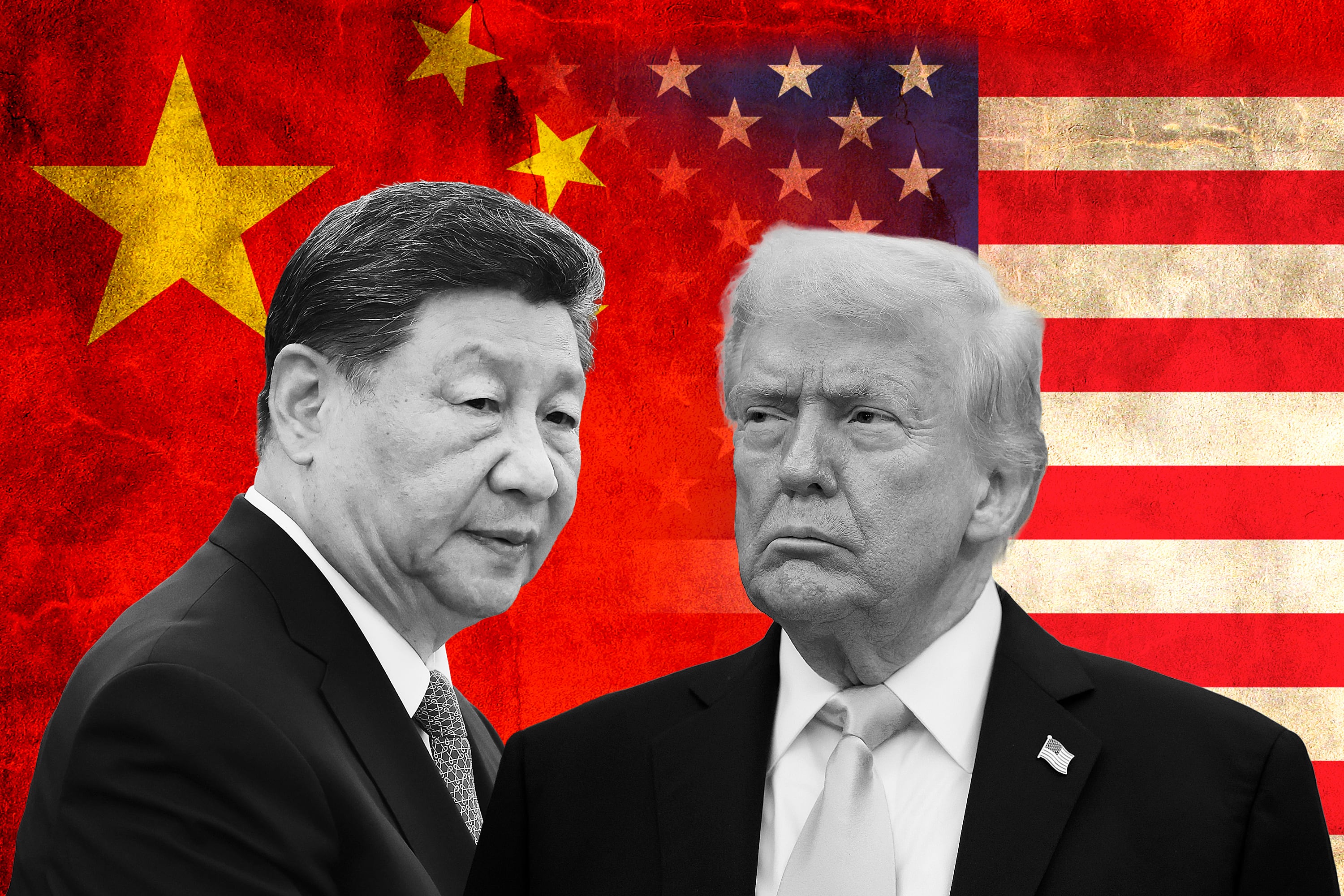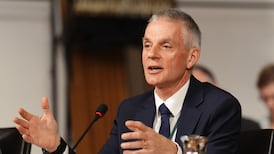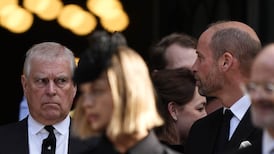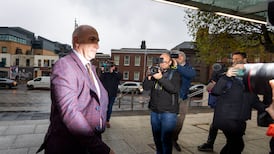Tim Davie has quit as the director general of the BBC after a week of intense pressure over allegations of bias in its programming, including in a Panorama documentary on US president Donald Trump.
The organisation’s chief executive of News, Deborah Turness, also quit on Sunday evening, as she and Mr Davie admitted “mistakes were made”.
The White House wasted little time mocking the news on social media. Within an hour of the announcement it posted a meme highlighting the “shot” of Mr Trump’s dismissal last week of the BBC as “fake news” alongside the “chaser”, a screenshot of the BBC chiefs’ resignations.
In a statement released on Sunday, Mr Davie said his decision to quit was “entirely” his own and that he retained the “unswerving and unanimous” support of the BBC’s board. He indicated he would stay on until a successor as director general was chosen, as part of an “orderly transition over coming months”.
READ MORE
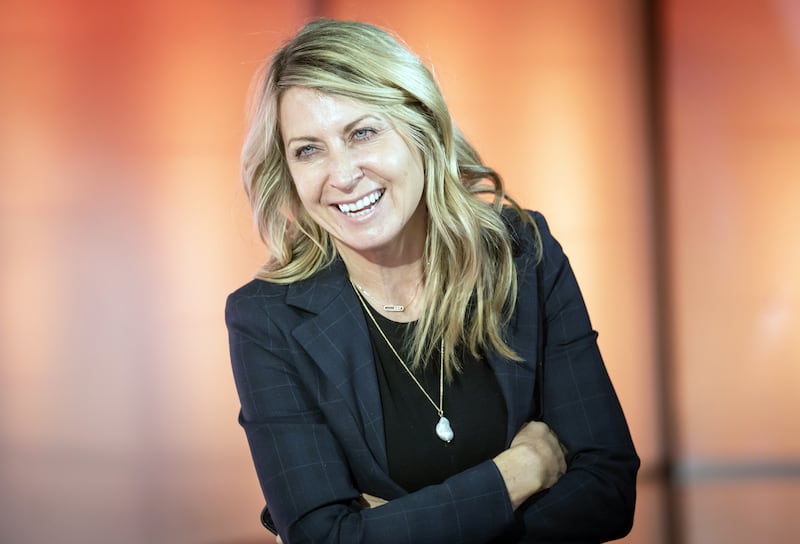
Meanwhile Ms Turness said the “buck stops” with her and that the controversy over the Panorama programme on Trump was damaging the BBC, “an institution that I love”.
“While mistakes were made, I want to be absolutely clear recent allegations that BBC News is institutionally biased are wrong,” said Ms Turness.
The resignation of the two BBC executives comes at the end of a torrid week for the broadcasting organisation, which found itself in the line of fire of elements of Britain’s printed press. The Daily Telegraph has led the way in its coverage of the BBC over the last week or so, levelling further allegations of bias against Israel in BBC’s Arabic programming, and also in its coverage of issues surrounding transgender people.
The most serious allegation, however, concerned the Panorama documentary, Trump: A Second Chance?, which was broadcast last year a week before the US presidential election. It was made for BBC by an external production company, October Films.
The programme spliced together excerpts of a speech given in Washington by Mr Trump on January 6th, 2021, the day that supporters of his invaded the White House in an attempt to stop Congress from certifying Joe Biden as the winner of the 2020 election.
An internal BBC memo obtained by the Telegraph said the editing made it appear the president had told his supporters he was going to walk to the Capitol with them to “fight like hell”. In fact, he had said he would walk with them “to peacefully and patriotically make your voices heard”. The comment about fighting like hell was uttered an hour later.
Lisa Nandy, the UK government’s culture secretary, had earlier on Sunday said she had confidence in Mr Davie, but she later thanked him for his service and for helping the BBC to “grip the challenges” it had faced in recent years.
The Tories, meanwhile, said it was right that Mr Davie and Ms Turness had “finally taken responsibility”.
